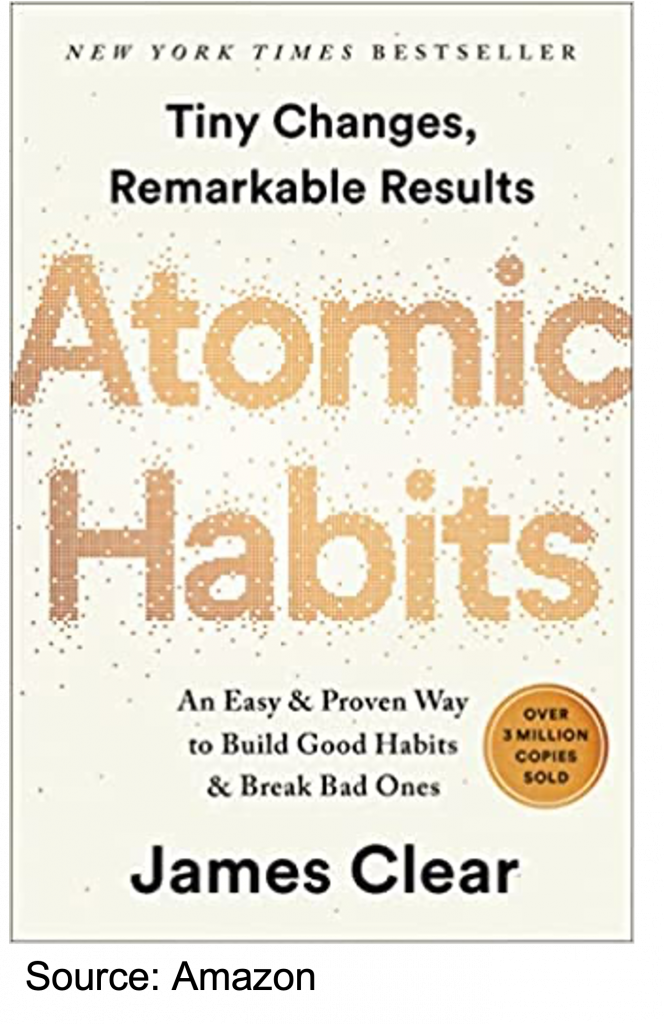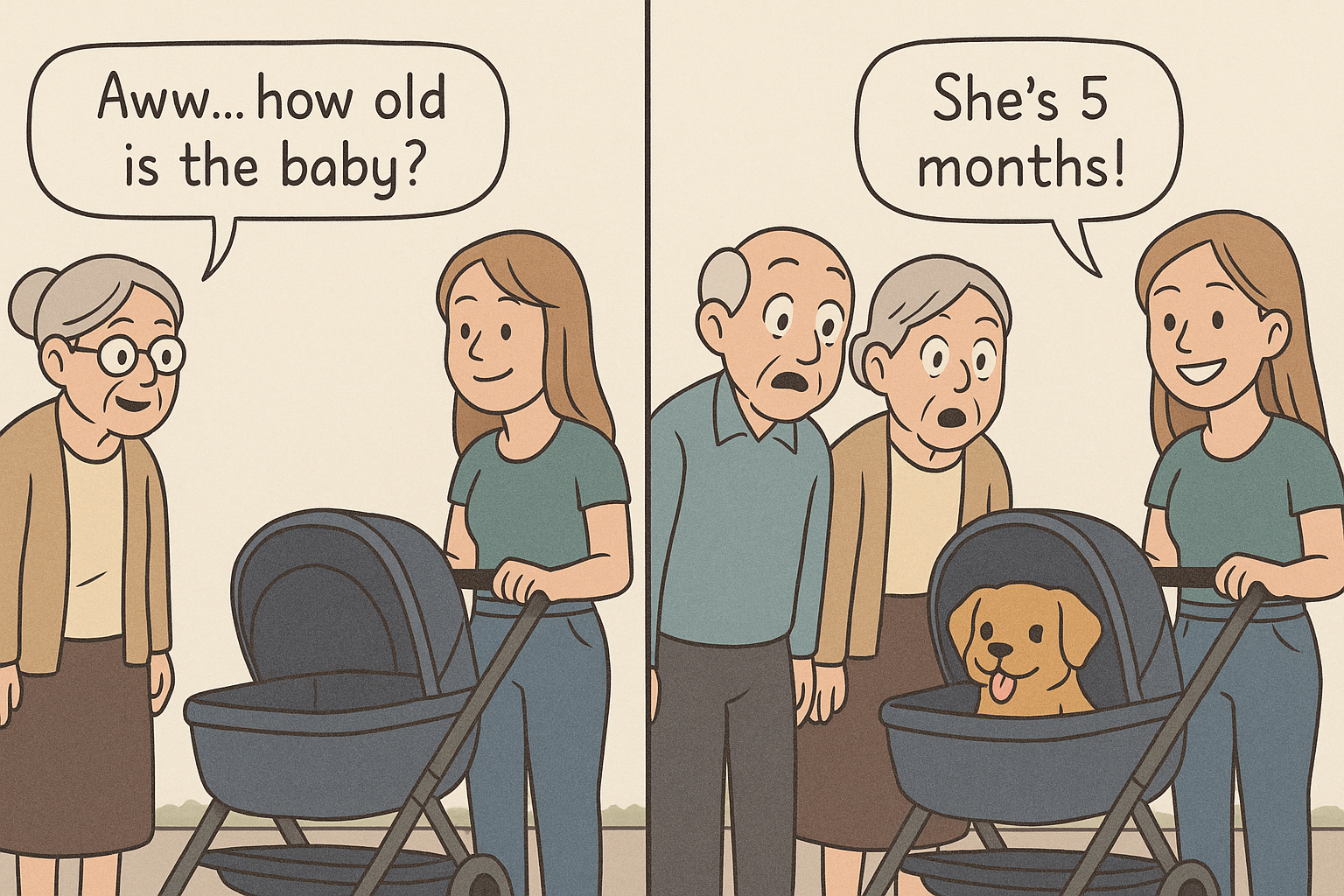The new year resolutions
The new year resolutions


Resolutions are firm decisions to do or not to do something. While such determinations can be reached anytime, it is a common practice to say out loud in the beginning of each year what those things may be, followed by a reflection at the end of the year on how much have been accomplished during the year. Three topics we believe that may stimulate you to decide some resolutions for 2022 are about health, habit and mindset. More specifically:
Healthcare today is really sickcare, how can we change that? Tiny changes may have remarkable results, how do atomic habits work? Unlearning is a big part of learning itself, how a growth mindset can embrace the metaverse? We gather our thoughts and previous research on these subjects to remind ourselves as well as our readers the importance of staying healthy, nurturing good habits and having a growth mindset.
A siren call to the healthcare (or sickcare) system?
Starting an exercise routine, cutting back on alcohol, eating more nutritious food…
Which ones of these appear on your new year resolutions? As we kickstart another year with the pandemic around, staying healthy is one of our top priorities. The soaring covid cases in the Omicron wave got us to pay attention to the healthcare systems around the globe.
And we noticed a few issues with healthcare systems around the world:
1. Healthcare systems focus on treating illnesses than preventing disease and maintaining wellness.
2. Economic incentives for the industry participants have made treatment and medication extremely costly as well as discouraging better health education in communities.
3. Mental health has been one of the most neglected area of public health. According to the National Institute of Mental Health, nearly one in five U.S. adults had a mental illness in 2019 (51.5 million people).
The U.S. healthcare system over the past decades has been shaped to address the needs of patients instead of maintaining the wellness of the healthy population. Technology has been the greatest driver of improvement in many industries, but healthcare remains the exception. Dr Rafael Grossman, who is the first surgeon in the world to use Google Glass during an operation, believes that the advanced technology has become a tool to improve access to health. He thinks that the collection of data and analysis by AI have become more important in the field in healthcare. These tools enable better diagnosis and prediction of diseases, as well as the likely outcome of a specific intervention through treatment and medication.
However, for participants in the healthcare system, it is not lucrative to help healthcare consumers to prevent health problems. Economic incentives for patenting medical devices and drugs have remained strong barriers to effective disease prevention. More advanced technology may provide a cost-effective solution to correcting this systematic issue. This strategy is unfortunately undesirable to the system participants. The lack of potential for patenting advanced technology impedes one’s incentive to address the problem.
There is no simple solution in transforming the U.S. healthcare system. The best advice to each individual would be to take control and be in charge of maintaining his/her own health.
How do atomic habits work?
 Often, we find it challenging to build a good habit or break a bad one. One week, two weeks, then we will likely revert to the old routine.
Often, we find it challenging to build a good habit or break a bad one. One week, two weeks, then we will likely revert to the old routine.
To be persistent is difficult. This time around, we have turned to the book “Atomic Habits” by James Clear for some guidance.
As stated in the book, atomic habits are defined as:
Atomic:
– An extremely small amount of a thing; the single irreducible unit of a larger system.
– The source of immense energy or power.
Habit:
– A routine or practice performed regularly; an automatic response to a specific situation
Clear introduces the importance of small changes. Little things add up to big things and time can create a multiplier effect. A small change may seem insignificant at first, but over time, the impact can be greater than you would have imagined. Sometimes we find it difficult to form good habits while bad habits linger. Clear explains that this is not uncommon. He elaborates using two reasons for why changing habits can be challenging, first is that we try to change the wrong thing, and second one being that we try to change our habits in the wrong way.
He further explains by using the three levels of change:
1. Outcome change
This level is concerned with changing your results.
2. Process change
This level is concerned with changing your habits and system.
3. Identity change
This level is concerned with changing your beliefs.
Most people managed to get to level 1 or 2 but failed to change their identity / beliefs. The true behavioural change is identity change, once a behaviour becomes part of your identity, you will become more motivated to maintain the habits associated with it.
“Progress requires unlearning. Becoming the best version of yourself requires you to continuously edit your beliefs, and to upgrade and expand your identity. ” – Atomic Habits by James Clear
The above is one of our favourite quotes from the book, it perfectly resonates with our strong belief of the importance of the ability to unlearn.
This also paths a great lead-in for us to introduce the next topic – a growth mindset to embrace the metaverse.
Entering the future with a growth mindset
Our readers would be familiar with the idea of the growth mindset that we introduced in one of our blog posts last year. For those who are new to our blog, you may read the post here.
As we all know, the future is uncertain. But one thing that we can be certain about is that technology will continue and play an even bigger role in driving our future. And metaverse will be one of the important representations of this technology driven future.
The word metaverse was the tech buzzword of 2021. With metaverse becoming a reality and hybrid culture are here to stay, how should individuals seek to familiarize themselves with it?
Having a growth mindset can create a significant impact. People with a fixed mindset may find it difficult to embrace the new concept of metaverse as it blurs the line between the physical world and virtual world. It is against the beliefs of “reality” fixated in our mind. Is the metaverse real? How do we define what is real? In the metaverse, we are represented by our avatars, we see and communicate with other avatars. Are they real? This all comes down to our beliefs. No difference to being in the physical world, we can experience feelings such as happiness, sadness and anger in the metaverse. Such sensations and emotions created by our brain influence how our brain construct reality.
A growth mindset encourages development. People with a growth mindset are not fixated on existing, stereotypical concepts, they are always seeking to find new ways to learn. In the era of digital disruption, this concept is more important than ever. Sometimes, people may struggle to make progress. The problem is that they have been focusing on the wrong thing. Learning is not the spigot to embrace new ideas, it is the unlearning. Unlearning is the ability to adapt and perceive differently. We cannot learn a new skill or concept without unlearning an older one.
Embracing the metaverse means unlearning what we understand today as the internet, what’s real and what’s virtual. Embracing the metaverse means embracing a future of unknown, unknowable and unique.
Reference:
Is Mental Illness on The Rise?, https://www.banyanmentalhealth.com/2021/07/01/rise-in-mental-illness/
Going from ‘Sickcare’ to ‘Healthcare’, https://healthmanagement.org/c/healthmanagement/issuearticle/going-from-sickcare-to-healthcare
Admin heyokha
Share
Resolutions are firm decisions to do or not to do something. While such determinations can be reached anytime, it is a common practice to say out loud in the beginning of each year what those things may be, followed by a reflection at the end of the year on how much have been accomplished during the year. Three topics we believe that may stimulate you to decide some resolutions for 2022 are about health, habit and mindset. More specifically:
Healthcare today is really sickcare, how can we change that? Tiny changes may have remarkable results, how do atomic habits work? Unlearning is a big part of learning itself, how a growth mindset can embrace the metaverse? We gather our thoughts and previous research on these subjects to remind ourselves as well as our readers the importance of staying healthy, nurturing good habits and having a growth mindset.
A siren call to the healthcare (or sickcare) system?
Starting an exercise routine, cutting back on alcohol, eating more nutritious food…
Which ones of these appear on your new year resolutions? As we kickstart another year with the pandemic around, staying healthy is one of our top priorities. The soaring covid cases in the Omicron wave got us to pay attention to the healthcare systems around the globe.
And we noticed a few issues with healthcare systems around the world:
1. Healthcare systems focus on treating illnesses than preventing disease and maintaining wellness.
2. Economic incentives for the industry participants have made treatment and medication extremely costly as well as discouraging better health education in communities.
3. Mental health has been one of the most neglected area of public health. According to the National Institute of Mental Health, nearly one in five U.S. adults had a mental illness in 2019 (51.5 million people).
The U.S. healthcare system over the past decades has been shaped to address the needs of patients instead of maintaining the wellness of the healthy population. Technology has been the greatest driver of improvement in many industries, but healthcare remains the exception. Dr Rafael Grossman, who is the first surgeon in the world to use Google Glass during an operation, believes that the advanced technology has become a tool to improve access to health. He thinks that the collection of data and analysis by AI have become more important in the field in healthcare. These tools enable better diagnosis and prediction of diseases, as well as the likely outcome of a specific intervention through treatment and medication.
However, for participants in the healthcare system, it is not lucrative to help healthcare consumers to prevent health problems. Economic incentives for patenting medical devices and drugs have remained strong barriers to effective disease prevention. More advanced technology may provide a cost-effective solution to correcting this systematic issue. This strategy is unfortunately undesirable to the system participants. The lack of potential for patenting advanced technology impedes one’s incentive to address the problem.
There is no simple solution in transforming the U.S. healthcare system. The best advice to each individual would be to take control and be in charge of maintaining his/her own health.
How do atomic habits work?
 Often, we find it challenging to build a good habit or break a bad one. One week, two weeks, then we will likely revert to the old routine.
Often, we find it challenging to build a good habit or break a bad one. One week, two weeks, then we will likely revert to the old routine.
To be persistent is difficult. This time around, we have turned to the book “Atomic Habits” by James Clear for some guidance.
As stated in the book, atomic habits are defined as:
Atomic:
– An extremely small amount of a thing; the single irreducible unit of a larger system.
– The source of immense energy or power.
Habit:
– A routine or practice performed regularly; an automatic response to a specific situation
Clear introduces the importance of small changes. Little things add up to big things and time can create a multiplier effect. A small change may seem insignificant at first, but over time, the impact can be greater than you would have imagined. Sometimes we find it difficult to form good habits while bad habits linger. Clear explains that this is not uncommon. He elaborates using two reasons for why changing habits can be challenging, first is that we try to change the wrong thing, and second one being that we try to change our habits in the wrong way.
He further explains by using the three levels of change:
1. Outcome change
This level is concerned with changing your results.
2. Process change
This level is concerned with changing your habits and system.
3. Identity change
This level is concerned with changing your beliefs.
Most people managed to get to level 1 or 2 but failed to change their identity / beliefs. The true behavioural change is identity change, once a behaviour becomes part of your identity, you will become more motivated to maintain the habits associated with it.
“Progress requires unlearning. Becoming the best version of yourself requires you to continuously edit your beliefs, and to upgrade and expand your identity. ” – Atomic Habits by James Clear
The above is one of our favourite quotes from the book, it perfectly resonates with our strong belief of the importance of the ability to unlearn.
This also paths a great lead-in for us to introduce the next topic – a growth mindset to embrace the metaverse.
Entering the future with a growth mindset
Our readers would be familiar with the idea of the growth mindset that we introduced in one of our blog posts last year. For those who are new to our blog, you may read the post here.
As we all know, the future is uncertain. But one thing that we can be certain about is that technology will continue and play an even bigger role in driving our future. And metaverse will be one of the important representations of this technology driven future.
The word metaverse was the tech buzzword of 2021. With metaverse becoming a reality and hybrid culture are here to stay, how should individuals seek to familiarize themselves with it?
Having a growth mindset can create a significant impact. People with a fixed mindset may find it difficult to embrace the new concept of metaverse as it blurs the line between the physical world and virtual world. It is against the beliefs of “reality” fixated in our mind. Is the metaverse real? How do we define what is real? In the metaverse, we are represented by our avatars, we see and communicate with other avatars. Are they real? This all comes down to our beliefs. No difference to being in the physical world, we can experience feelings such as happiness, sadness and anger in the metaverse. Such sensations and emotions created by our brain influence how our brain construct reality.
A growth mindset encourages development. People with a growth mindset are not fixated on existing, stereotypical concepts, they are always seeking to find new ways to learn. In the era of digital disruption, this concept is more important than ever. Sometimes, people may struggle to make progress. The problem is that they have been focusing on the wrong thing. Learning is not the spigot to embrace new ideas, it is the unlearning. Unlearning is the ability to adapt and perceive differently. We cannot learn a new skill or concept without unlearning an older one.
Embracing the metaverse means unlearning what we understand today as the internet, what’s real and what’s virtual. Embracing the metaverse means embracing a future of unknown, unknowable and unique.
Reference:
Is Mental Illness on The Rise?, https://www.banyanmentalhealth.com/2021/07/01/rise-in-mental-illness/
Going from ‘Sickcare’ to ‘Healthcare’, https://healthmanagement.org/c/healthmanagement/issuearticle/going-from-sickcare-to-healthcare
Admin heyokha
Share















